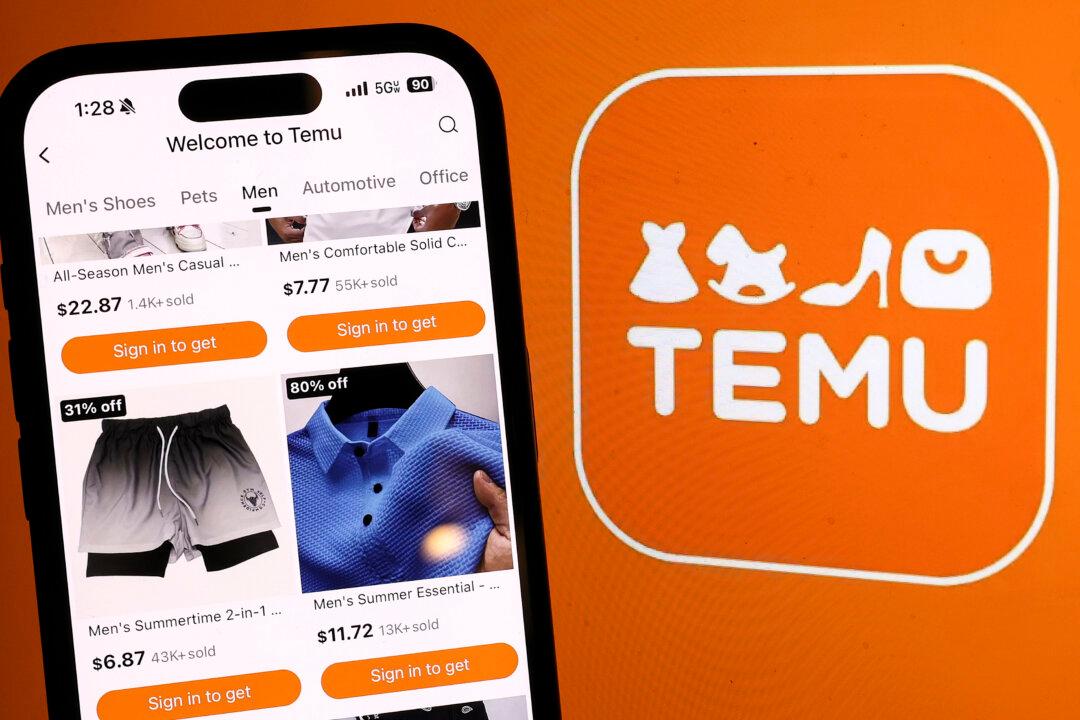A federal agency this week announced the recall of tens of thousands of children’s sleepwear and pajama products sold via the China-based marketplace Temu because they pose a “risk of burn injuries” in kids.
In a bulletin, the U.S. Consumer Product Safety Commission (CPSC) said that around 18,000 Juvenno Kids’ button-up short-sleeve pajama tops and shorts “violate the flammability standards for children’s sleepwear” and were “exclusively” sold via Temu, a China-based company recently flagged by the Arkansas attorney general over possible data theft concerns.





